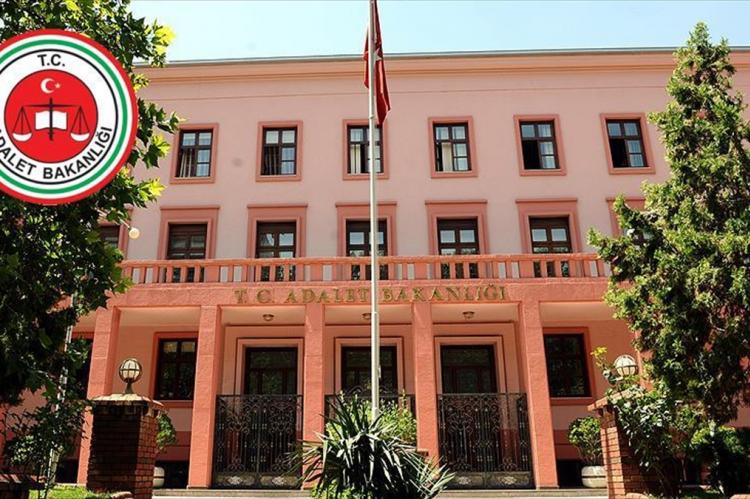Claim: Rapists, robbers being released from prison
Professor at Duke University claims Turkey releases “rapists” and “robbers”
On 5 October 2016, a professor at Duke University claimed in a tweet that Turkey released “rapists” and “robbers” to imprison well-educated people.
In response to the tweet: “I would suggest Turkey’s prison population would be among the least educated,” professor Timur Kuran tweeted: “No. Rapists, robbers, etc. freed to make room for witch hunt victims. Poorly educated convicts out, teachers, academics, media people in.”
The question he addressed concerned the conditions imposed by a statutory decree aimed at creating a space in prisons for the possible arrests of those suspected of taking part in the failed coup in July. On 17 August 2016, the Turkish justice ministry released a statement on the issue.
The statement announced that the punishment of prisoners who have two years or less than two years left for supervised release, which was one year previously, can now be executed in the form of probation.
“Federal supervised release and federal probation share some similarities, but, much like state-court parole and probation, they are fundamentally different. Supervised release is a term that follows a defendant’s release from prison, while federal probation is an alternative to a prison sentence,” according to a source.
The other regulation was that the jail time prisoners used to need to serve in order to advance to probation was decreased from 2/3 of the whole sentence to 1/2 of it. According to this, prisoners who completed half of their jail time can benefit from probation.
The ministry said these two regulations applied to crimes committed before 1 July 2016 and designated the number of prisoners who were planned to be released as part of the regulation as 38,000, whereas the total number of prisoners was 187,647 as of the end of March 2016.
However, not all prisoners who now have a chance to advance to probation will be released. The Turkish justice ministry announced some criteria in the same statement designating who will be fit to be released on probation or who will receive a term of supervised release.
Prisoners who committed at least one of the following crimes continue to remain incarcerated, according to the Turkish justice ministry:
-
Murder with intent to kill
-
Wounding with intent
-
Crimes against sexual immunity
-
Crimes against private life and hidden parts of life
-
Producing or trading narcotics or stimulants
-
Crimes against state security
-
Crimes against the constitutional order
-
Crimes against national defense
-
Crimes against state secrets
-
Crimes that fall into the Law on Fight Against Terrorism
“The regulation is not an amnesty,” Justice Minister Bekir Bozdag stressed. “The punishment will be executed in the form of supervised release in the outside during the remaining time for probation.”



